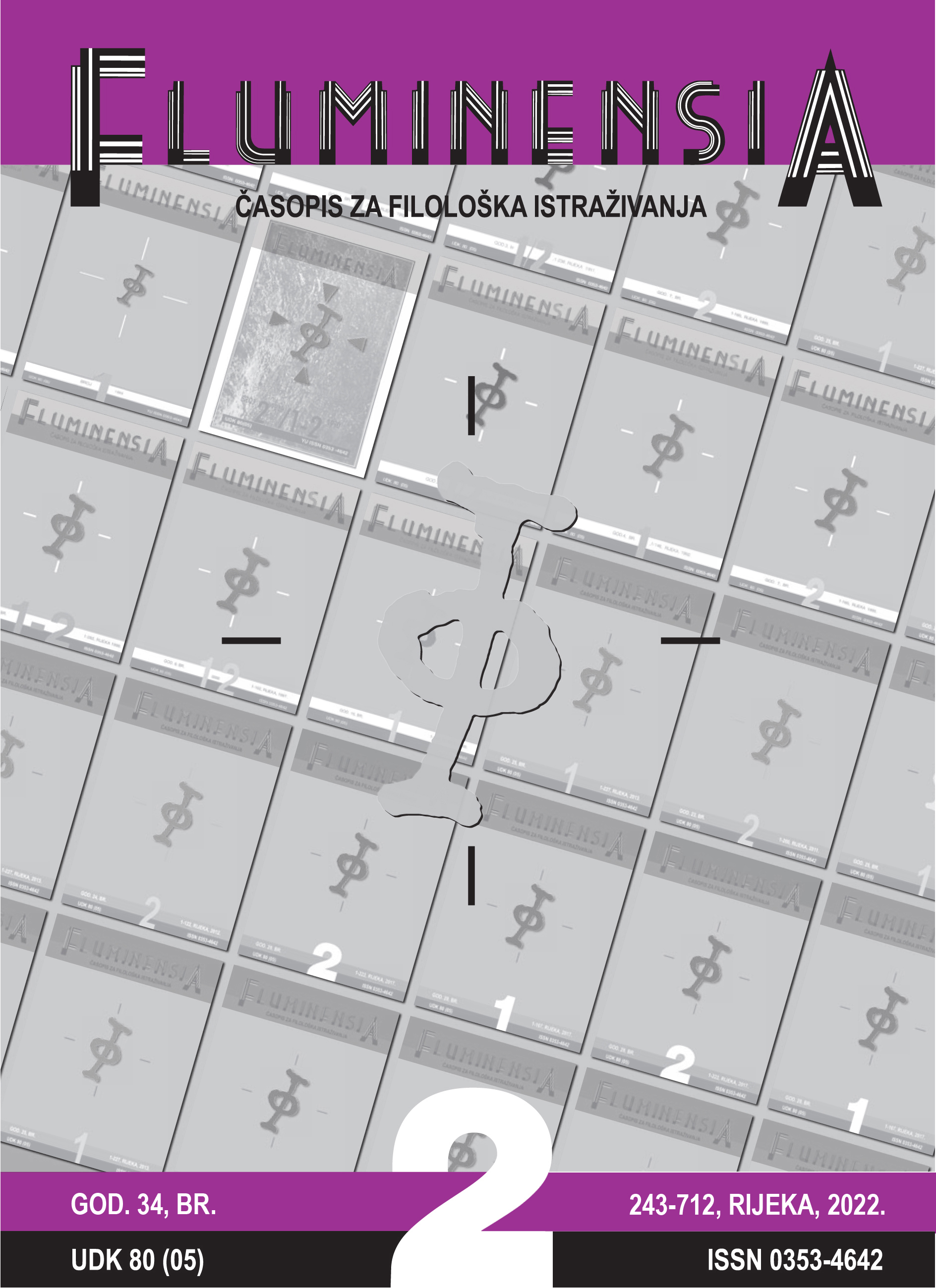CONTRASTIVE ANALYSIS OF DIGITAL COMMUNICATION CHANNELS IN THE CROATIAN AND GERMAN LANGUAGE
Keywords:
digital communication channels, Croatian, German, contrastive analysisAbstract
ased on the contrastive analysis of digital communication channels, this paper investigates the lexis of Croatian and German versions in relation to their English original versions. Due to the COVID-19 pandemic, the increased need for developing and improving new forms of communication which enable secure and easy understanding in real time, has led to frequent use of digital communication channels such as Zoom, Microsoft Teams, Skype, and Webex. Thanks to the daily use of these communication channels, digital communication has gained in importance more than ever before and has brought with it numerous new expressions that are added to the lexicon. Since English has been impacting the development of the language in digital surroundings and related domains, linguistic challenges such as finding equivalents for new expressions have appeared in other languages. In this paper the language of selected digital communication channels on several linguistic levels is investigated. In order to collect the corpus, interface, and instruction manuals available in the abovementioned communication channels or on their web pages were used. The central part of the paper is based on the contrastive analysis of selected expressions and terms from the corpus with an emphasis on their morphological aspects (word building) and meaning adaptation on the semantic level in Croatian and German, in relation to their corresponding original English forms. The aim was to show the extent to which Croatian and German have adapted to the rapid development of digital communication and digital communication channels, as well as linguistic solutions which have been introduced. Since the relevance of language changes has led to a growing number of new words and expressions in various languages around the world, this paper serves as a basis for further research on language changes in the digital environment in Croatian and German.

